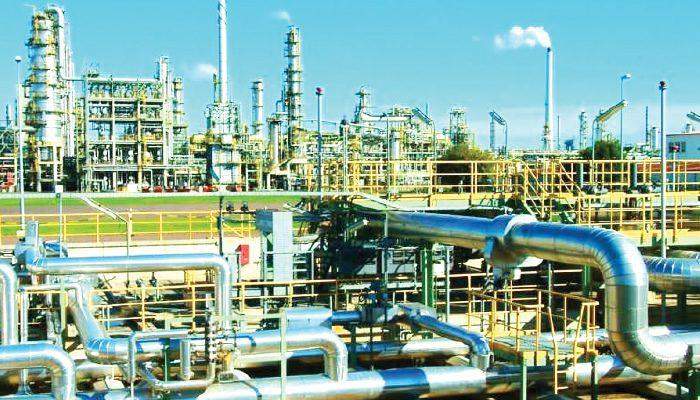In Nigeria, the inauguration of the Dangote Refinery in Lagos offered President Muhammadu Buhari the chance to highlight his administration’s accomplishments. However, when compared to the petrol sector’s current realities, the picture is not as rosy. The nation is weighed down by a petrol subsidy budget, a scarcity of aviation fuel and gas, ongoing gas flaring, and oil firm departures as Nigeria works to satisfy its crude output quota.
Buhari is leaving behind an oil industry operating well below its potential, hindered by missteps and statism. When Buhari took over the presidency in 2015, the sector’s challenges were numerous. The upstream sector was unruly and the major income earner for the country. The downstream sector, on the other hand, was corrupt, opaque, and delivering shortages and losses. Unsustainable import and subsidy bills were destroying the economy and crippling the treasury.
Buhari’s campaign promise to clean up the industry, break up the corrupt, opaque, and unruly Nigerian National Petroleum Corporation, and end the messy downstream sector failed to live up to expectations. Corruption remains the main issue afflicting the industry. Buhari’s proclivity for statism has also hampered the growth of the industry.
Aviation fuel, household kerosene, diesel, and lubricants prices have skyrocketed, and periodic scarcities continue. Airfares have become too costly for most Nigerians, while many have returned to using firewood, unable to afford kerosene. Businesses reliant on diesel to power their generators are struggling to remain afloat as the cost of the fuel has quadrupled, with smaller companies crumbling.
While the release of the Petroleum Industry Act, which stalled in the National Assembly for two decades, is a significant success of Buhari’s administration, much remains to be done. The turning point in the petroleum sector is the rapid promotion of private investment in domestic refining. Incentives for investors must be provided to make Nigeria a regional hub for refined goods, with the state-owned refineries selling quickly and transparently.
Apart from the Dangote refinery, which could solve Nigeria’s refining challenges, the Buhari administration has not done enough to reform the oil and gas industry comprehensively. The regime has allowed Dangote to monopolize the refining industry, setting the pricing and controlling the supply. The incoming government should encourage other multinationals to compete with Dangote and impose anti-monopoly regulations.
The Buhari administration failed to curtail oil theft, resulting in N16.25 trillion in lost revenue from 2009 to 2020, while subsidies cost N13 trillion from 2005 to 2021, according to NEITI reports. Buhari’s administration was incapable of dealing with industrial-scale theft or piracy. The National Bureau of Statistics claims that the sector’s contribution to GDP has decreased to 5.66% in Q3 2022, down from about 14 percent a decade ago.
While Buhari’s administration was a late starter, it should have achieved more. Subsidy challenges, impending Dangote refining monopolies, gas flaring, and gas supply shortages will be inherited by the next government. The high expectations of the oil and gas sector’s revival and transformation from Buhari’s presidency were not achieved.
